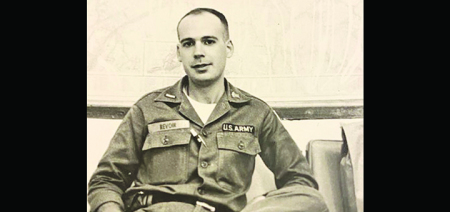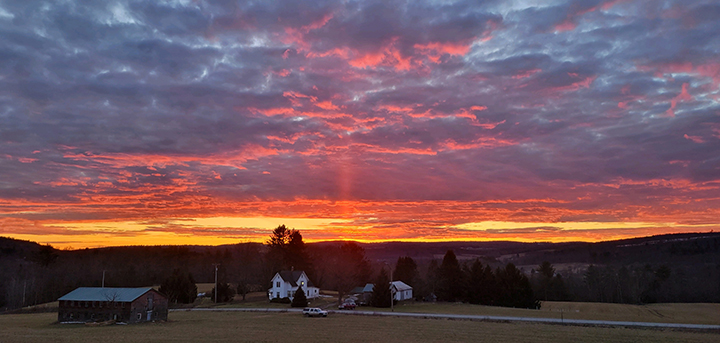Paris Attacks Further Complicate Migrant Debate
Published:
November 23rd, 2015
By Georgie Ann Geyer, NEA Columnist
WASHINGTON -- When French President Francois Hollande addressed both houses of the French Parliament after the terrorist ravages of Paris -- "We are at war!" he proclaimed -- he was doing something more rare and historically important than it at first seemed.
According to the French themselves, who are meticulous about memory, such an address was only the third in French history. The first such address occurred in 1848.
That date marks the year when all Europe erupted in one small revolution after another, when revolutionaries prowled the night streets from France to the borders of Russia, fighting for more democratic states. They called it the "springtime of nations," and within a year, it was more like a "wintertime of hope."
Similarly, we experienced the "Arab spring" of only four years ago, when it seemed that the Middle East would go West culturally. Instead, we are left with either the same old authoritarians in the palace or, worse, unspeakably brutal new movements whose demented intentions were vividly on display last week in the City of Light.
What has emerged so far from the Paris attacks are two important factors: (1) The Europeans, led by the French, are serious about the "war" setting, and (2) the question of whether refugees, especially Syrians and Muslims, should be welcomed into the West or completely kept out has taken on such urgency that one wonders whether common refugee policy will ever be possible again.
As to the declaration of "war," France lost no time beginning its furious bombing of ISIS cities in Syria, but the outstanding question was, "What would the United States do?" President Obama also lost no time in declaring in the White House that his policy of gradualism and moderation was the one he would stick to. Russia is most probably "in," which is a story all in itself.
There is little question in my own mind, having witnessed many battles and conflicts-in-action, that the Western forces can rout and defeat ISIS if they truly tried to. ISIS has suffered relatively little in the attacks upon its cities, and one notes that young men with Kalashnikovs who spout murderous slogans when they are safe become whimpering little boys again when they see enough of their friends killed.
As to the "refugee" question, here we have a complex puzzle of words not so easily fitted together.
The fact that most liberals in the U.S. and Europe do not want to recognize is that many, many of their fellow citizens -- and not only conservatives -- do not want to bring more Muslim refugees or migrants into their countries. Indeed, the question is why they would.
I have covered the Middle East, and I will attest to anyone who cares that there are millions upon millions of wonderful Muslims -- magnificent people, generous, intelligent, seeking, giving. But the pictures -- actually, they are realities -- the average American, or Luxembourger or Finn, sees are quite the opposite.
They see cruel, radical, retrogressive movements gathering in the corners of the world -- al-Qaida, ISIS, Boko Haram -- all with the word "Muslim" running through them. They see brutishness toward Westerners not seen since the days of the Nazis. Perhaps even worse for the cascades of Syrian and other Muslim refugees flooding into Europe, many Muslims already there have set profoundly questionable examples.
Muslim boys given the privilege of growing up in Europe now go back and forth to Syria for training in order to kill their Western hosts. They attack Europe's exquisite cities. They insist upon wearing their own symbols and clothing that are often anathema to their hosts. In Britain, Muslims on school boards try to transform the English school systems into Muslim school systems, and the courts into Sharia law.
Too often, both in Europe and in America, immigration has been argued virtually 100 percent on behalf of the refugees, with little concern for the regular citizens of those countries. It was only a question of time before local rage challenged institutional arrogance and stupidity.
The situation is not getting better. John Brennan, director of the CIA, spoke at a meeting of the Center for Strategic and International Studies this week, saying that in the past three years, there have been more outbreaks of instability than at any time since the collapse of the Soviet Union.
Perhaps the best idea of this crowded week emerged from the discussions in Congress, when one of the representatives suggested that the U.S. declare a time out to rethink the entire Syrian/Muslim refugee situation. Surely, it needs some serious thinking and then rethinking again.
Comments





(1).jpg)

